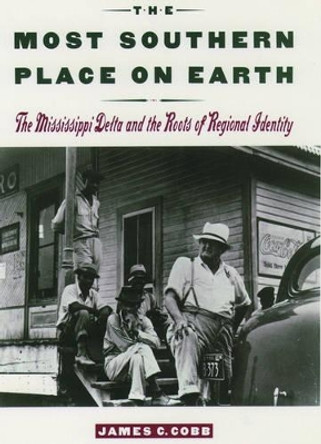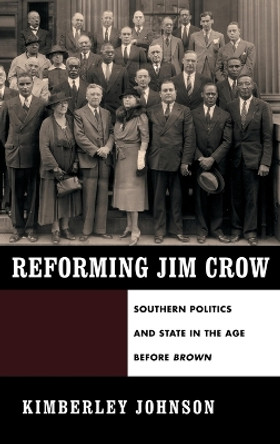Description
Cobb begins by looking at how our historical understanding of segregation has evolved since the Brown decision. In particular, he targets the tenacious misconception that racial discrimination was at odds with economic modernization-and so would have faded out, on its own, under market pressures. He then looks at the argument that Brown energized white resistance more than it fomented civil rights progress. This position overstates the pace and extent of racial change in the South prior to Brown, Cobb says, while it understates Brown's role in catalyzing and legitimizing subsequent black protest.
Finally, Cobb suggests that the Brown decree and the civil rights movement accomplished not only more than certain critics have acknowledged but also more than the hard statistics of black progress can reveal. The destruction of Jim Crow, with its "denial of belonging," allowed African Americans to embrace their identity as southerners in ways that freed them to explore links between their southernness and their blackness. This is an important and timely reminder of "what the Brown court and the activists who took the spirit of its ruling into the streets were up against, both historically and contemporaneously.
About the Author
James C. Cobb is the B. Phinizy Spalding Distinguished Professor of History at the University of Georgia. His numerous publications include Redefining Southern Culture and The Brown Decision, Jim Crow, and Southern Identity (both Georgia), Away Down South, The Selling of the South: The Southern Crusade for Industrial Development, 1936-1990 and The Most Southern Place on Earth: The Mississippi Delta and the Roots of Regional Identity.
Book Information
ISBN 9780820357034
Author James C. Cobb
Format Paperback
Page Count 102
Imprint University of Georgia Press
Publisher University of Georgia Press









